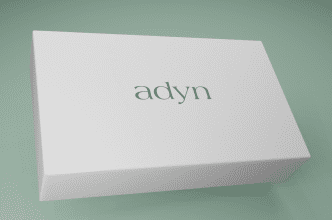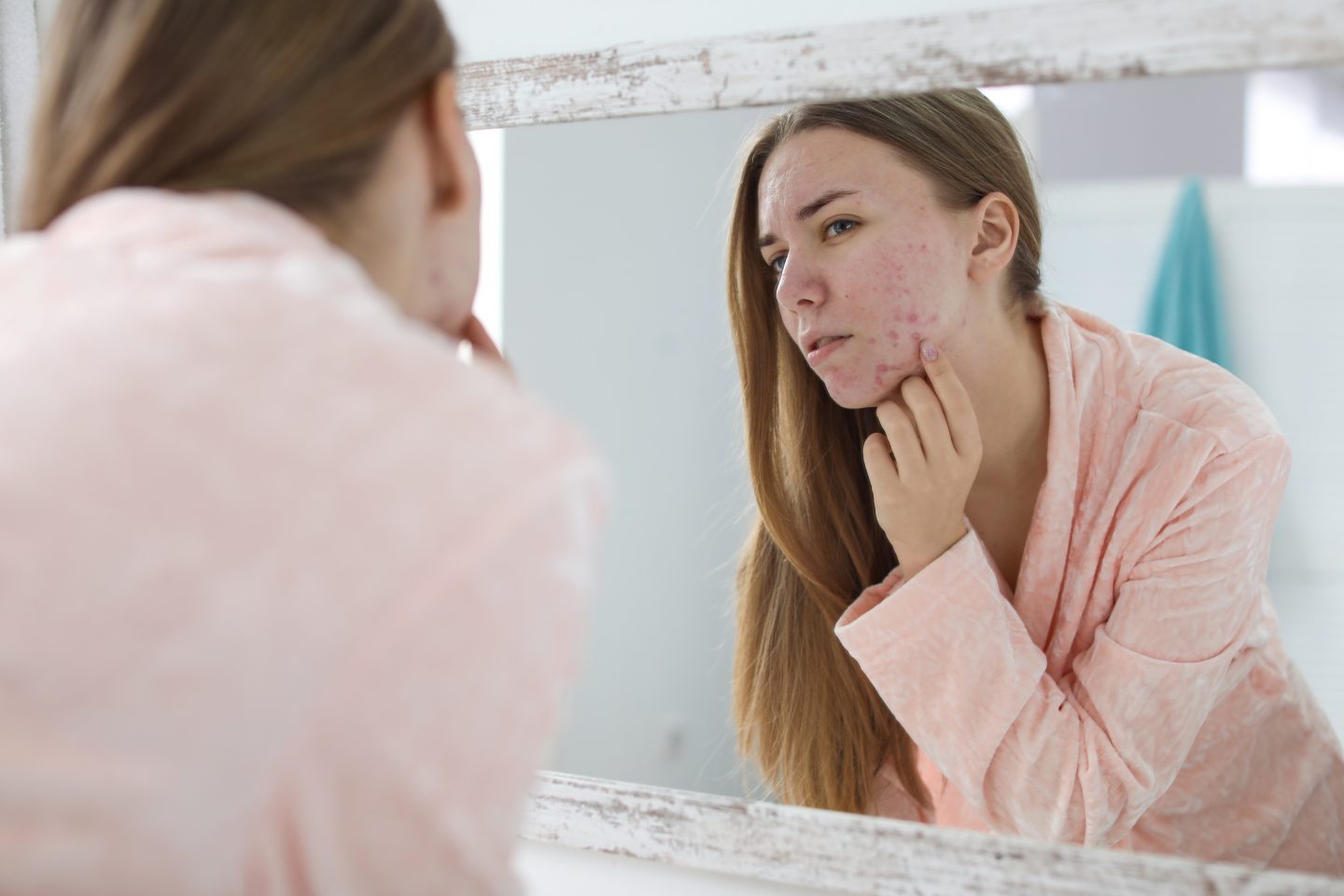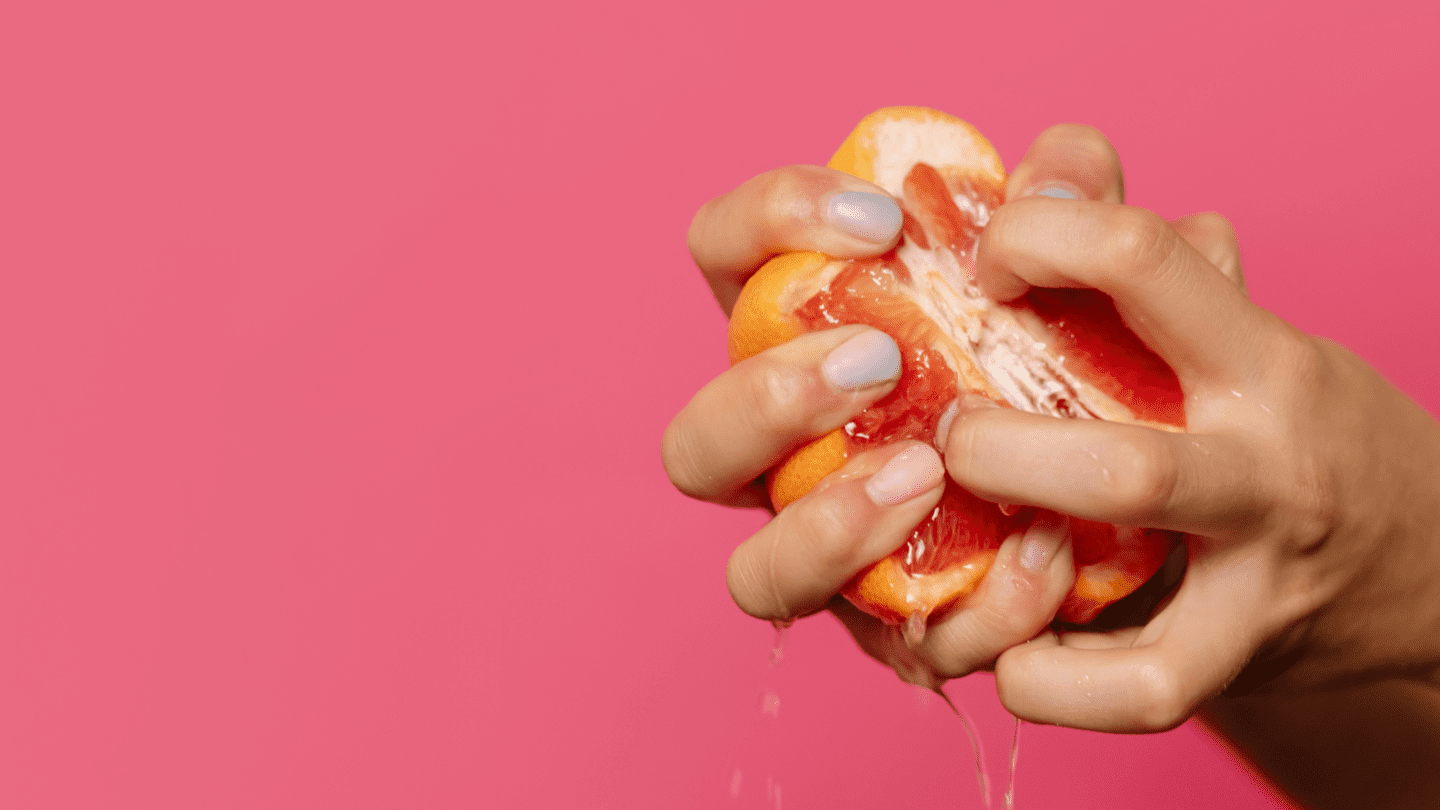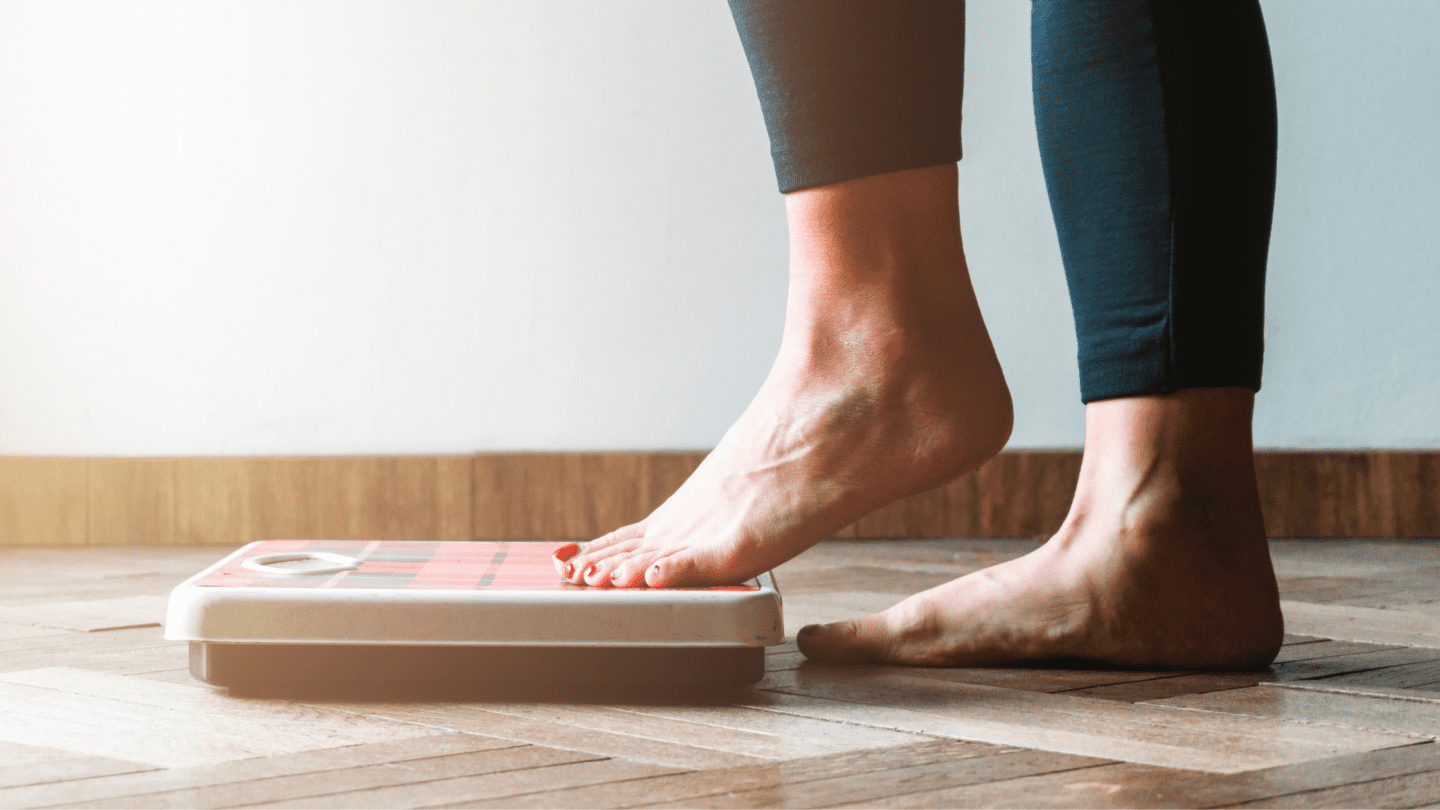Birth Control and Acne
You might know that is a treatment for acne. But, you might have also heard that can cause acne. What gives?
The simple explanation is that different kinds of options contain different kinds and amounts of hormones. And these hormones interact with different bodies in different ways. So, some kinds of help clear up acne for many people. But others can make it worse.
There are a few kinds of that are approved by the FDA to treat acne, and those are likely to be your best options. Combined birth control pills that contain tend to be better at treating acne than other hormonal options like s (IUDs), the implant, or the shot.1
Ultimately, the best for acne depends on your biology.
Dermatologists typically recommend topical retinoids and antibiotics as a first-line treatment for acne.2 But because acne comes down to hormones, can make a big difference for some people. If you’re already on a contraceptive, finding a that works with your body to help clear up your skin is basically a win-win.
Ultimately, the best for acne depends on your biology. But thanks to modern medicine, figuring out what’s best for you is no longer such a hard problem.
Does cause acne?
Sex hormones, especially s like , play a big role in acne.2 That’s the reason behind the stereotype of the pimply teenager, and it’s also likely why you might get acne flare-ups around your period.3 Though is often thought of as a “male” sex , everyone’s body makes s (and the same goes for and , often thought of “female” sex hormones).4
Increases in s lead skin cells to produce more sebum,5 more commonly known as oil. Too much sebum can clog pores, leading to inflammation. It also makes it easier for bacteria to grow there, another cause of acne.2
Like what you’re reading? Get the latest straight to your inbox 💌
Hormonal contains either and , or just . In general, decreases the amount of s your body makes, while increases it.6 But it also depends on what kind of you’re taking: some increase s and some decrease them.1
The upshot is that studies have shown for years that has a definite effect on acne.1 And what exactly that effect will be depends in part on what kind of you’re taking.
How does prevent acne?
The in pills decreases s, which helps reduce the amount of oil your skin produces and results in clearer pores.6
The story is a little more complicated for , and the artificial versions of the called s used in . Some versions of used in birth control pills, like levonorgestrel and norgestrel, tend to increase production. But newer versions like drospirenone can have the opposite effect.7 These kinds of s can block receptors, potentially helping to reduce acne.
What kind of is best for acne?
There are a few types of approved by the FDA to treat acne, and they’re all combined pills that include both and a newer form of (and they’re all highly effective methods of , too).
Hormonal birth control pills that are approved to treat acne are:
- Estrostep FE
- Ortho Tri-Cyclen
- Yaz
- Beyaz
But other kinds of pills might help treat acne too. A review of 31 studies of and acne looked at a number of different kinds of combined birth control pills and found that they all helped treat acne to some degree.8 However, the authors note that it was tough to say which kinds of s worked best. One big reason was that the studies they looked at were all so different that making side-by-side comparisons was difficult.
Still, we can say right now that combined pills, those that include both and , are best for treating acne. Other options like the ring or the patch might help, too, but the evidence is limited.7 While the ring and the patch contain both and , hormonal IUDs and the implant just have s. The hormones from the forms of that aren’t pills, including IUDs, rings and patches, also bypass the liver, which means they skip a crucial step in the hormonal cascade that helps to prevent acne.1
The few studies comparing methods seem to agree. One study found that people using IUDs reported worse acne than those using the ring or pills.9 And another study reports that people using the implant had worse acne than those using the non-hormonal copper IUD.10 Both the implant and IUDs contain just s, no , which could explain why they can be worse for acne.
But, as a review study of s and acne notes, there haven’t been any studies that have explicitly set out to study progestin-only pills and acne, meaning we’re lacking vital information about how the s in affect acne.7
This is just one example of the glaring gaps in medical knowledge about and acne. And it’s symptomatic of a much bigger problem in medicine: studies of issues that affect people with uteruses, and just studies of people with uteruses in general, are severely lacking.11 You can blame the patriarchal hierarchies embedded in the field of medicine for that — and for a dearth of good hormonal acne treatments, too.
The Takeaway
Hormonal can help treat acne. Using a that contains and helps tamp down oil production, which is the root cause of acne.
Options for this include pills, the ring, and the patch, though pills seem to work best, based on what we know right now. Progestin-only pills and other types of might help with acne too, but we don’t have great data on them right now.
Another option if you’re concerned about acne might be to have your levels tested. Higher levels of s, specifically, can cause acne, and greater familiarity with your levels means you’ll be better prepared to fight acne.
No matter which option you choose, remember that some s may affect you a little differently than they do other people. Ultimately, it comes down to the fact that everyone’s biology works a little differently.
-
- Tyler, Kelly H., and Matthew J. Zirwas. “Contraception and the dermatologist.” Journal of the American Academy of Dermatology 68.6 (2013): 1022-1029.
- Leung, Alexander KC, et al. “Dermatology: How to manage acne vulgaris.” Drugs in Context 10 (2021).
- Stolla, Steven, et al. “The effect of the menstrual cycle on acne.” Journal of the American Academy of Dermatology 45.6 (2001): 957-960.
- Marrocco, Jordan, and Bruce S. McEwen. “Sex in the brain: hormones and sex differences.” Dialogues in Clinical Neuroscience 18.4 (2016): 373.
- Iftikhar, Usma, and Nakhshab Choudhry. “Serum levels of androgens in acne & their role in acne severity.” Pakistan Journal of Medical Sciences 35.1 (2019): 146.
- Salvaggio, Heather L., and Andrea L. Zaenglein. “Examining the use of oral contraceptives in the management of acne.” International Journal of Women’s Health 2 (2010): 69.
- Bosanac, Suzana S., et al. “Progestins and acne vulgaris: a review.” Dermatology Online Journal 24.5 (2018).
- Arowojolu, Ayodele O., et al. “Combined oral contraceptive pills for treatment of acne.” Cochrane Database of Systematic Reviews 7 (2012).
- David Lortscher, M. D., et al. “Hormonal contraceptives and acne: a retrospective analysis of 2147 patients.” J Drugs Dermatol 15.6 (2016): 670-674.
- Bahamondes, Luis, et al. “A 3-year multicentre randomized controlled trial of etonogestrel-and levonorgestrel-releasing contraceptive implants, with non-randomized matched copper-intrauterine device controls.” Human Reproduction 30.11 (2015): 2527-2538.
- Liu, Katherine A., and Natalie A. Dipietro Mager. “Women’s involvement in clinical trials: historical perspective and future implications.” Pharmacy Practice (Granada) 14.1 (2016): 0-0.








